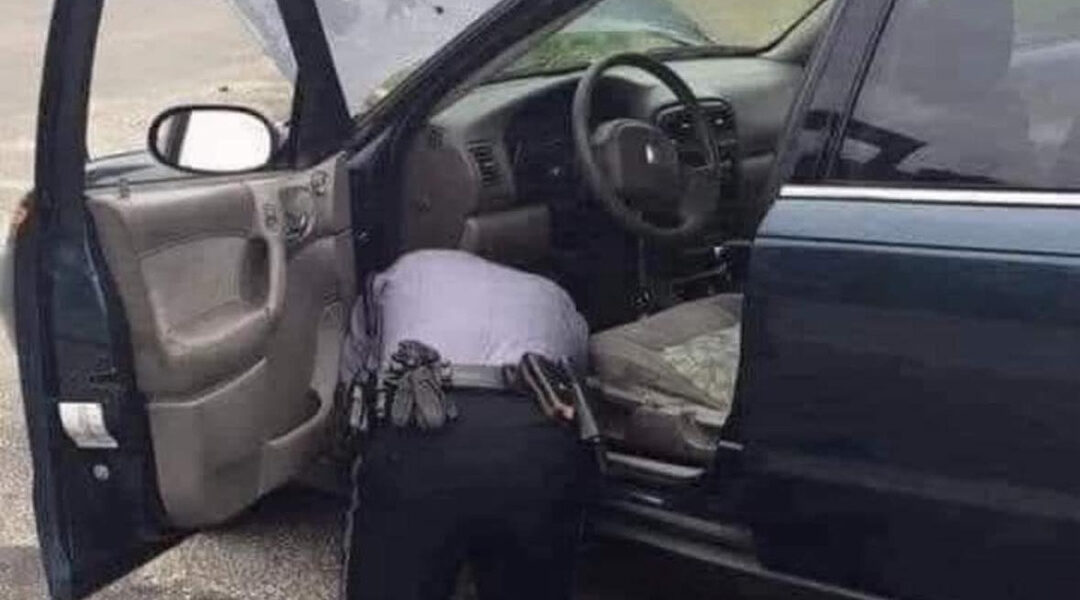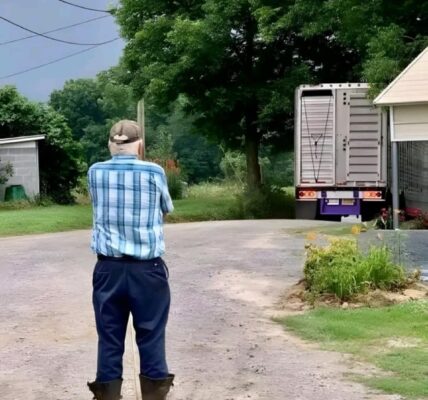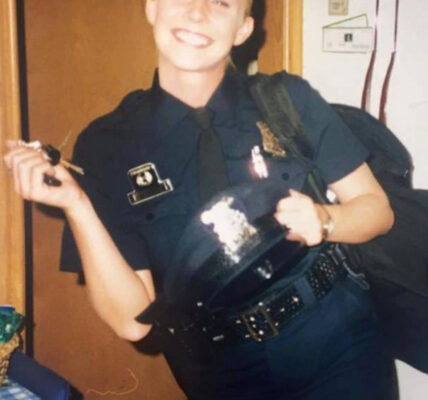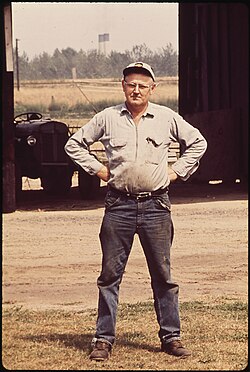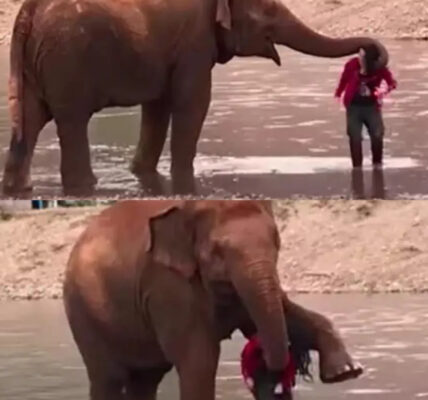
It was early morning in Montana, the kind of morning where the nerves in your stomach don’t quite settle because you’re headed somewhere important. I was on my way to a job interview, dressed, ready, and silently rehearsing what I’d say when I sat down across from the hiring manager. My friend rode beside me, keeping me company on the drive.
Then I saw them—flashing red and blue lights in the rearview mirror. My heart sank.
I pulled over quickly, running through possibilities in my mind. Did I speed? Did I miss a stop sign? As a Native American man, with my Black friend in the passenger seat, I also felt another weight pressing down—the fear of how this encounter might unfold. I took a deep breath, reached for my wallet, and prepared for the usual exchange.
The officer walked up calmly. Before I could hand him my license and registration, he spoke:
“Don’t worry about pulling anything out. I just want you to know that your brake lights are out.”

Relief mixed with frustration. I’d just replaced those lights a month ago. How could they already be out? I explained to him that the shop wanted to charge me $600 just to run a test on the wiring. The officer’s eyes widened. Six hundred dollars—just for a test. He shook his head.
Then he surprised me.
“Pop the trunk,” he said.
I did as he asked. He leaned inside, checking the bulbs, tapping them gently, trying to coax them to flicker on. Nothing. Then he told me to pop the hood. Together, we looked at the relay box. Still nothing. Then he asked me to step out of the car so he could crawl under the dashboard, inspecting the wiring with a kind of patience I didn’t expect from someone in uniform.
This wasn’t a cop handing out a ticket or writing up a report. This was a man, kneeling on the pavement, troubleshooting my car like a mechanic who just wanted to help. My friend and I exchanged looks—half disbelief, half admiration.

He could have easily ended the stop after pointing out the problem. He could have written me a citation, added stress to an already stressful day, and sent me on my way with no solution. But he didn’t. Officer Jenkins stepped beyond the role most people expect of police. In that moment, he wasn’t just enforcing the law—he was showing humanity.
For nearly half an hour, he worked through possibilities, checking fuses, tapping wires, doing everything he could to make sure I wasn’t left stranded with a car that couldn’t pass inspection—or worse, risk my safety on the road. His kindness wasn’t loud or showy. It was practical, patient, and deeply human.
By the time he was finished, I felt something shift in me. This wasn’t the encounter I had braced myself for when the lights first flashed behind me. This was something entirely different.
Officer Jenkins didn’t just save me from a ticket. He reminded me that compassion can come from unexpected places. He reminded me that behind a badge is still a person who has a choice—to walk away or to lean in and help. And that morning, he chose the latter.
I drove away to my interview with my nerves still fluttering, but with a new story to carry. A story not about punishment, but about kindness. Not about confrontation, but about connection.
Because sometimes the greatest acts of service aren’t found in the headlines. They happen quietly, on the side of a Montana road, when one officer decides to step into the role of mechanic, neighbor, and fellow human being.
